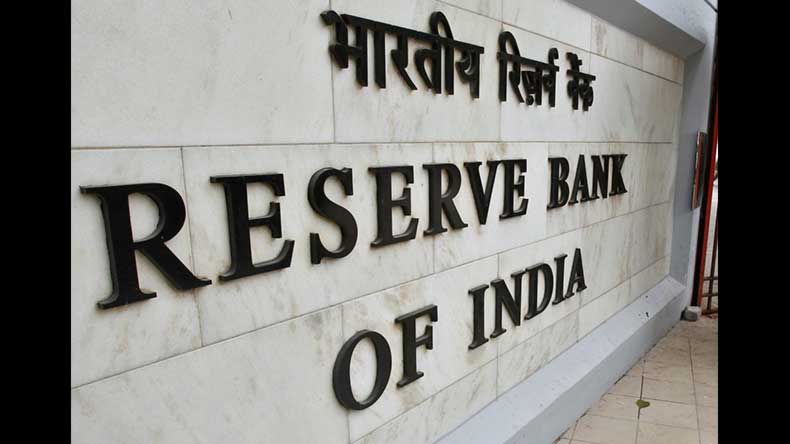Sensing that inflation may go up from January onwards, the Reserve Bank of India (RBI) has kept interest rates on hold, a decision being hailed as the “most sensible one”. But the status quo does not mean that there is no scope for bringing down the lending rates in the economy. Economists argue that banks now have huge deposits of low cost funds which should be used for onward lending at lower interest rates. The ongoing deflationary pressure in the economy (less demand due to demonetisation) had prompted many commentators to believe that the RBI does have a room for a rate cut, but the Monetary Policy Committee (MPC) headed by the RBI governor thought such pressure to be temporary in nature. “The RBI does not do policy making on the basis of transient factors,” says Sunil Sinha, Principal Economist with India Ratings & Research, “Policy is mostly formulated on the basis of a clear-cut trend that is evident or likely to pan out.”
Besides the base effect which is going to turn unfavourable from January onwards, the OPEC’s deal to cut oil production has genuinely heightened the risk of imported inflation for India which is heavily dependent on oil imports. Import price that India pays for crude has moved up from about $46/barrel (some 15 days ago) to above $52/barrel now. Global oil prices are very likely to move up further if Russia also cuts its production by 0.3 million barrels a day.
On the domestic front, although pulses have calmed down a bit, cereal (wheat and rice) prices have been going up on a monthly basis despite having a decent harvest of the same. This has prompted the Narendra Modi government to waive import duty on wheat imports. The move would ease the pressure on cereal prices in the domestic market. Moreover, it is also not clear whether the decline (deflation) in vegetable prices is due to cash crunch or due to the fact that vegetable prices come down anyway in the winter season. So there are mixed signals on the food inflation front and it was better that interest rates were kept on hold. Besides the domestic factors, the global factors also make the RBI’s status quo look more pragmatic. Since the US Federal Reserve seems almost certain to raise interest rates this very month itself, “the RBI’s status quo was very much required to keep foreign investors’ interest in Indian capital markets alive”, says Amit Gupta, Co-founder & CEO of TradingBells. Foreign investors come to Indian debt market to earn favourable returns (compared to returns they earn elsewhere).

